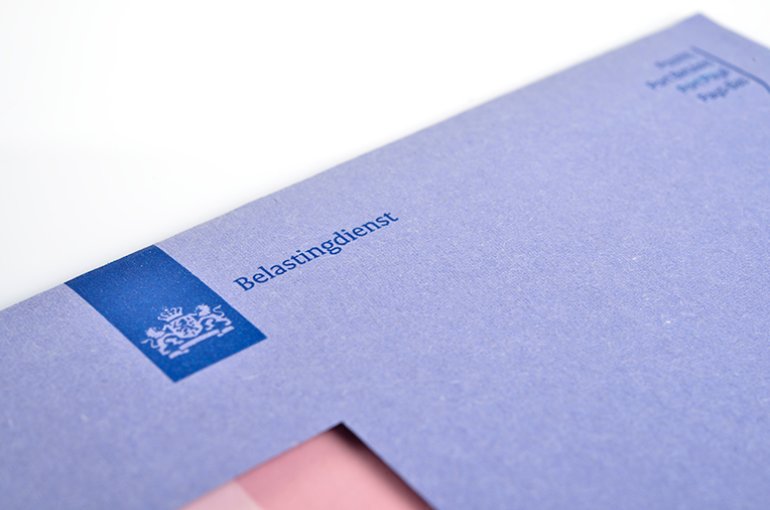“Focus on more than the material damage in recovery of the allowance affair”
Ethical advice on compensations in the childcare allowance affair

At the request of the Dutch Ministry of Finance, Professor Ingrid Robeyns and Professor Rutger Claassen wrote an ethical analysis and advice on the compensations of the childcare benefits affair. Based on individual values, public and process values, the researchers analyzed how the Dutch Government handles the aftermath of this affair and make recommendations for improvement.
Ethical advice important to get an overall view of values
Ingrid Robeyns explains the importance of obtaining ethical advice on major issues as the allowance affair: “Often, issues as this affair are looked at mainly from a legal or administrative point of view. This leaves other important values and perspectives out of sight. An ethical analysis focusses on all relevant values.”

The childcare benefits affair has left deep wounds - in politics, in society, but first and above all with the parents, children and other loved ones involved. The recovery operation is proceeding slower than many find acceptable. “Until now, the focus in the recovery process has mainly been compensating material damages”, adds Rutger Claassen. “Our analysis shows that about ten values deserve attention in the recovery process, including immaterial damage, recognition, the capacity of parents to act individually and collectively, and the restoration of the rule of law.”
Often, issues as this affair are looked at mainly from a legal or administrative point of view. This leaves other important values and perspectives out of sight.

Based on an ethical analysis, the professors make a number of recommendations. Ingrid Robeyns explains: “We stress the importance of working on empathy in government agencies and the ability to reflect ethically.” Robeyns also stresses the importance of involving the perspective of parents: “We advocate shaping the further process of compensation in consultation with a broad representation of parents. Surely, the pathway now remains focused on the government's perspective.”
Damages extend beyond affected families
It is also necessary to look even beyond the affected families, Robeyns states: “We argue that a symbolic reconciliation is needed with the Dutch society as a whole. After all, this case does not only concern the parents: the trust of other Dutch citizens in the government has also diminished as a result. That can hinder effective action on many other issues.”
Currently there are many parties dissatisfied with the process of compensations. Robeyns and Claassen make recommendations on how to improve the process: Claassen: “We have made specific recommendations on how the ten values can be protected and enforced. It is up to the Dutch government and the government bodies to take action accordingly. Of course - like everyone else - we hope that at least the financial compensation process will be settled as soon possible.”
Childcare allowance affair
Between 2005 and 2019, the Dutch Tax and Customs Administration wrongly accused an estimated 26,000 parents of making fraudulent benefit claims, requiring them to pay back the allowances they had received in their entirety. In many cases, this sum amounted to tens of thousands of euros, driving families and their estimated 70000 children into severe hardship. Since 2020, the government has started repairing the financial damage.

